When it comes to superfoods, ginger ranks high on the list thanks to its powerful health benefits.
The plant’s flavor is anything but subtle. Many of us love to use this spice to add a nice zest to our home-cooked meals. But ginger’s incredible abilities to soothe everything from digestive problems to inflammation is the reason it deserves plenty of love on your spice rack.
What Is Ginger?
Ginger is a flowering plant from the family Zingiberaceae, which is native to the tropical rainforest in Southern Asia. People around the world have been using it for thousands of years, both for its culinary and medicinal benefits.
Love turmeric recipes?
Add power-packed anti-inflammatories to every meal with these FREE turmeric recipes!
What most of us think of as ginger is actually the rhizome (stem) of the ginger plant, which runs underground. (1) Depending on which kind of ginger you buy, the flesh can be yellow, white, or red. Fresh ginger is covered in a brownish skin.
Because ginger adds a pungent and distinct spice, it’s extremely popular in stir-fries and fruit and vegetable dishes.
Health Benefits of Ginger
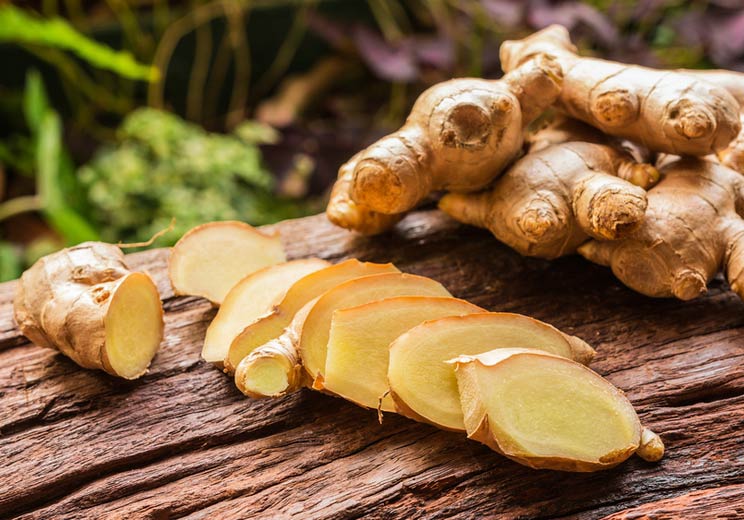
Ginger is a delicious, all-natural spice that offers a great way to kick up the flavor in your Paleo foods.
But that’s not all: the health benefits of ginger are too numerous to ignore. Modern-day research is starting to catch up to ancient wisdom passed on through the ages, with some exciting results.
Here are some of the most incredible ways the health benefits of ginger can change your daily life:
1. Ginger Eases Nausea
Sailors have long used ginger root to fight seasickness, and with good reason. One study divided naval cadets (who were inexperienced with sailing in rough seas) into three different groups. The first received anti-nausea medicine, the second a placebo, and the third ginger root. The researchers found that the group who’d had ginger experienced fewer symptoms of nausea and vertigo than the placebo group. (2)
Ginger doesn’t just work better than a placebo, either. A comprehensive review of six different studies concluded that ginger was “equally effective” as over-the-counter nausea remedies. (3) So you get all the benefits – without the potential for negative side effects.
Ginger also has been shown to relieve morning sickness symptoms among pregnant women. One study found that it reduced feelings of nausea, although the frequency of vomiting remained the same. (4) To be safe, make sure to get the green light from your doctor before adding ginger while pregnant.
Next time you’re driving up a mountain road, on a boat, or expecting a little one, consider ginger. You can chew a bit of the root, take capsules, or even make a simple tea by steeping a small root in a few cups of hot water. It only takes a gram or so to significantly reduce nausea symptoms.
2. Ginger Increases Insulin Sensitivity and Protects Against Diabetes
Research here is still in the early stages, but there’s evidence that ginger can actually increase insulin sensitivity and ease diabetes symptoms.
Most people following the typical American diet are insulin resistant, which is the gateway to chronic inflammation, weight gain, and all the other complications that come with it (metabolic syndrome, type 2 diabetes, etc.) Restoring insulin sensitivity is key!
One study of type 2 diabetics found that just two grams of ginger powder daily lowered the participants’ blood sugar by 12 percent. (5) It also improved key markers for long-term blood sugar levels like HbA1c (glycated hemoglobin), resulting in a 10 percent reduction in just 12 weeks.
A 2006 study published in the Journal of Agricultural and Food Chemistry found that ginger can even protect against the serious complications of unmanaged diabetes, like diabetic retinopathy. (6) This study identified five ginger compounds that suppressed the build-up of sorbitol (a sugar alcohol) in red blood cells. The researchers even suggested that ginger has potential applications in anti-diabetes medications.
3. Ginger Lowers Inflammation
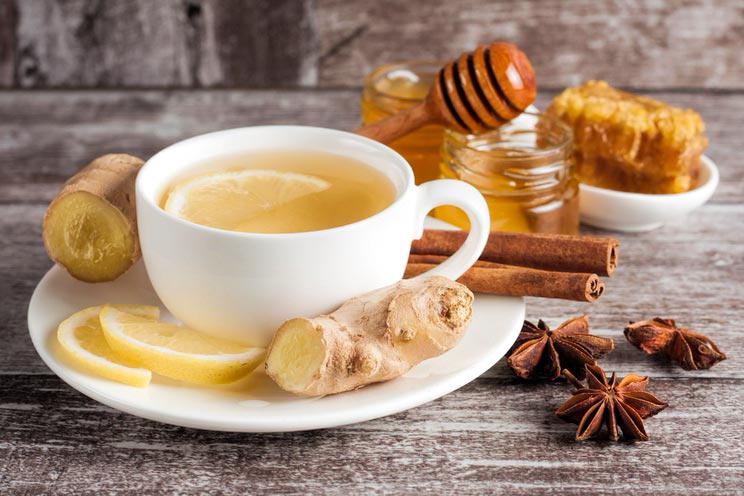
Ginger’s most remarkable compound, gingerol, has a potent anti-inflammatory effect.
That makes ginger a great choice if you’re experiencing pain in your joints, no matter the severity. Numerous studies found ginger effective even for people with osteoarthritis or rheumatoid arthritis, resulting in less pain and better mobility. (7, 8)
These benefits are long-term and very real. One year-long study of people with arthritis pain in the knees compared a control group to those taking ginger every day. The ginger group reported much less subjective pain. (9) But the circumference of the knees was also measured, and it began to drop in the ginger group by week 12! This offers an objective metric that ginger lessened the swelling.
Researchers are still working to understand just how ginger’s anti-inflammatory effect works. However, a 2005 study revealed a plausible explanation: ginger suppresses cytokines and chemokines, pro-inflammatory compounds produced within the lining of joints, joint cartilage, and immune cells. (10)
4. Ginger Can Lower Cholesterol Levels
Poor cholesterol markers – high levels of LDL, low levels of HDL, and high triglycerides – put you at a greater risk of serious heart problems.
Ginger can help. A study published in the Saudi Medical Journal found that, in a clinical trial performed in heart clinics, people who took three grams of ginger capsules daily over a 45-day period significantly reduced their triglycerides, LDL, and other dangerous cholesterol markers. (11)
A 2013 rat study found that when rats were given ginger extract for 30 days, their LDL, triglycerides, and total cholesterol levels decreased. (12) Their HDL levels also increased, resulting in much improved cholesterol markers overall. This backs up an earlier Israeli study that found similar cholesterol-lowering effects and even less development of atherosclerotic lesions. (13)
5. Ginger Prevents Bacterial and Fungal Infections
Ginger isn’t just a great spice to turn to when you’re nauseous and sick. It can keep you from getting sick in the first place! Its gingerol compounds lower your risk of multiple infections.
Just how good is ginger at strengthening your immune system?
A group of Nigerian researchers found that ginger was even more effective at killing Staphylococcus aureus (staph infections) and Streptococcus pyogenes than conventional antibiotics! (14) This has important implications if you’re recovering in a hospital after an illness or surgical procedure, where bacterial infections are extremely common among the immune-compromised.
Ginger also promotes a cleaner, healthier mouth. It inhibits the growth of oral bacteria linked to gum diseases, like periodontitis and gingivitis. (15)
Besides preventing bacterial infections, ginger has also been proven effective against fungal infections, like Candida albicans, and others resistant to antimicrobial treatments. (16)
6. Ginger Relieves Heartburn, Ulcers, and Other Digestive Problems
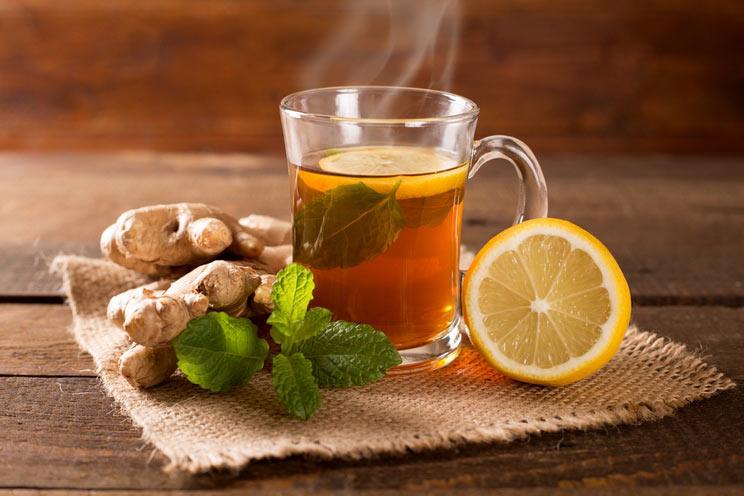
Ginger’s anti-inflammatory effects can relax the muscles within your gut lining and help food move through your digestive system smoothly.
It works especially well for people with chronic indigestion, a condition where it takes people longer for their stomachs to empty into their small intestines. Many researchers think that it’s this delayed emptying of the stomach that causes so many indigestion symptoms. One study found that just over one gram of ginger powder before a meal can speed up the stomach emptying process by 50 percent. (17)
Two rat studies explain how this works. Researchers found that ginger improved bile secretion and stimulated trypsin and pancreatic amylase, both important enzymes for digestion. They said that regular consumption of ginger and other spices is an important part of healthy digestion. (18, 19)
If all that wasn’t enough, a 2007 study found ginger multiple times more effective than over-the-counter acid blockers (like Prevacid) in treating heartburn and ulcers. (20)
7. Ginger Soothes Muscle Pain
If you exercise, you’re all too familiar with the soreness that comes later. It can be painful, and tough, to motivate yourself to stick with your routine if you’re already hurting.
Ginger helps. It all comes down to gingerol’s anti-inflammatory effects. Gingerol doesn’t just lessen the condition that results in pain (inflammation). It also works on the pain receptors themselves. (21) Like when you eat peppers, the spicy taste of ginger burns for a second, but it ultimately relieves pain and creates other beneficial effects.
One study found that daily ginger supplementation for 11 days led to around a 25 percent reduction in muscle pain after exercises. (22)
The results are promising, no doubt! But the key word here is daily. While ginger definitely eases muscle pain, it doesn’t happen right away. It’s best to have some every day because you won’t notice the pain relief until 24 to 48 hours later. (23)
8. Ginger Promotes a Healthy Mind
Inflammation and oxidative stress accelerate aging. That’s why many scientists believe it is largely responsible for Alzheimer’s disease and other cognitive issues. (24, 25)
Ginger fights inflammation and acts as an antioxidant, so it can help us maintain healthy cognitive function as we age.
One study examined ginger’s effect on middle-aged women and found that daily ginger supplements resulted improved working memory and reaction time. (26)
Another study found that, in both normal rats and in rats with chemically-induced memory deficits, ginger extract improved performance on a novel object recognition test. (27) There were improvements in learning and memory, as well as increased activity in the hippocampus – a portion of brain heavily involved in memory.
9. Ginger Clears Congestion
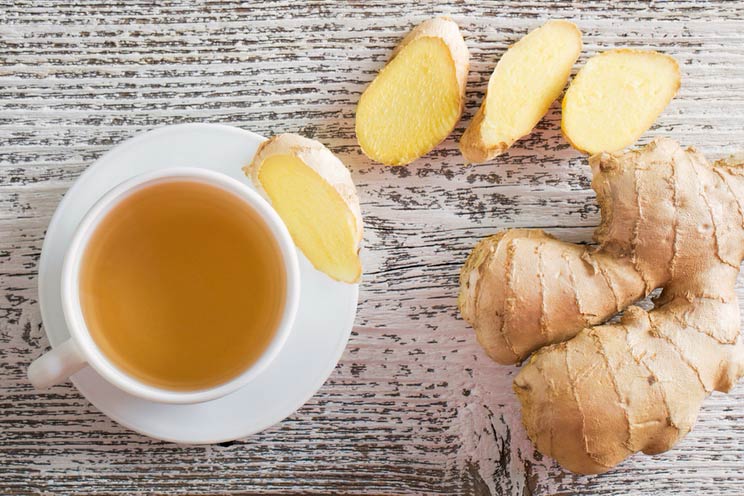
We’ve already touched on ginger’s incredible infection-fighting abilities. But if you still end up sick, you can rely on it for another reason. Ginger is a natural expectorant, which means it loosens up phlegm in your lungs and air passages and helps you cough it up.
It’s helpful for a host of respiratory issues. Columbia University researchers found that ginger helps relax the muscles surrounding your body’s airways, which can constrict and make breathing difficult for those with allergies or asthma. (28)
Next time you’re dealing with stubborn chest congestion or a persistent cough, try whipping up some warm ginger and lemon tea and having it a few times a day. You’ll find yourself breathing easier in no time.
The Bottom Line
Ginger is one of the most delicious and nutritious spices around. The more researchers study this incredible plant, the more benefits they seem to discover.
Find ways to make ginger a regular spice for your meals, and you’ll reap the rewards. Whether it’s fighting muscle pain, a stubborn cough, or even protecting your brain and heart, nature has offered us a powerful ally in our quest for health!
What’s your favorite way to use ginger in the kitchen? Leave a comment below and share your experience.
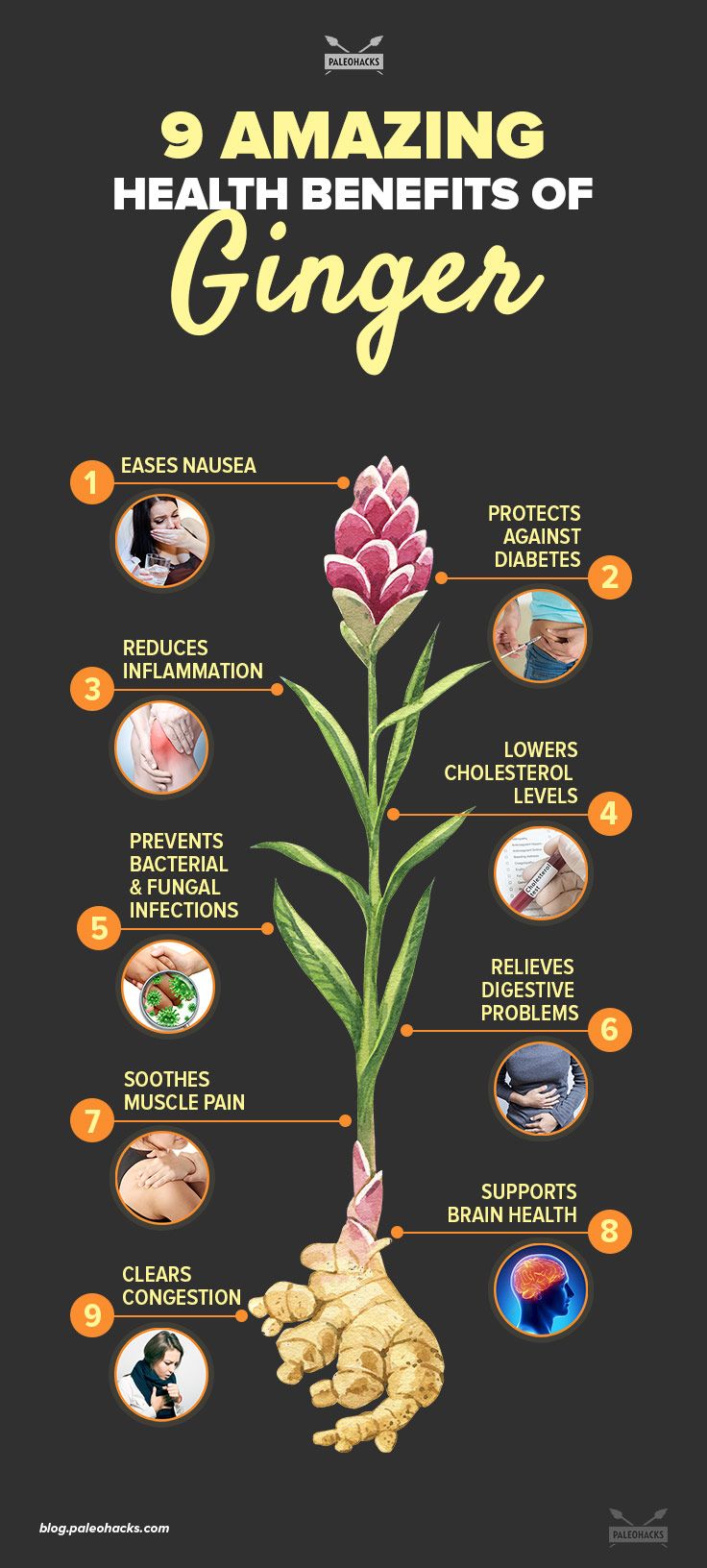



 4 Creative, Crustless Pizza Recipes
4 Creative, Crustless Pizza Recipes
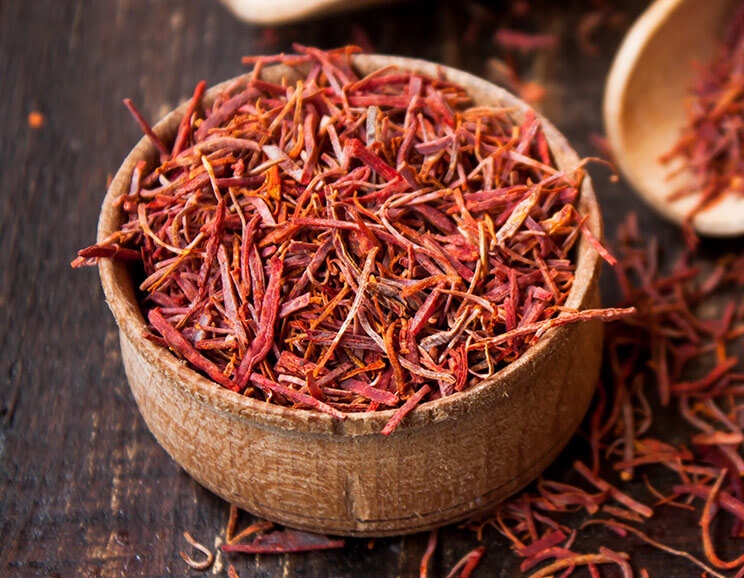
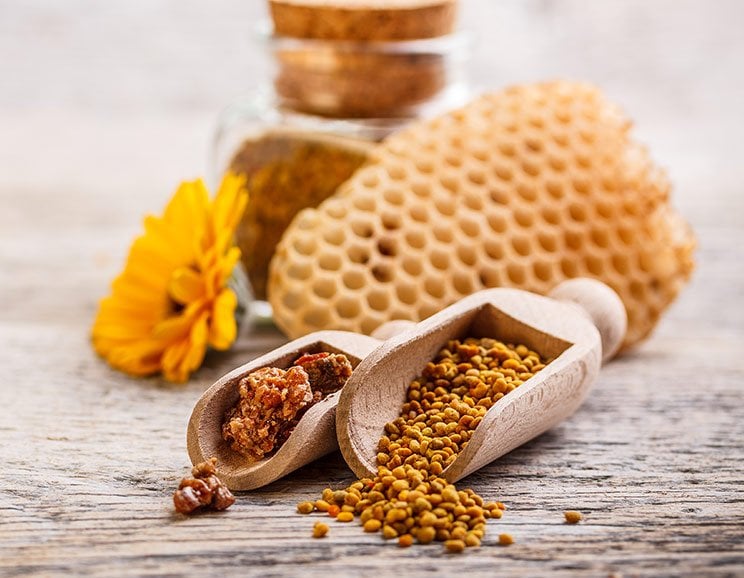
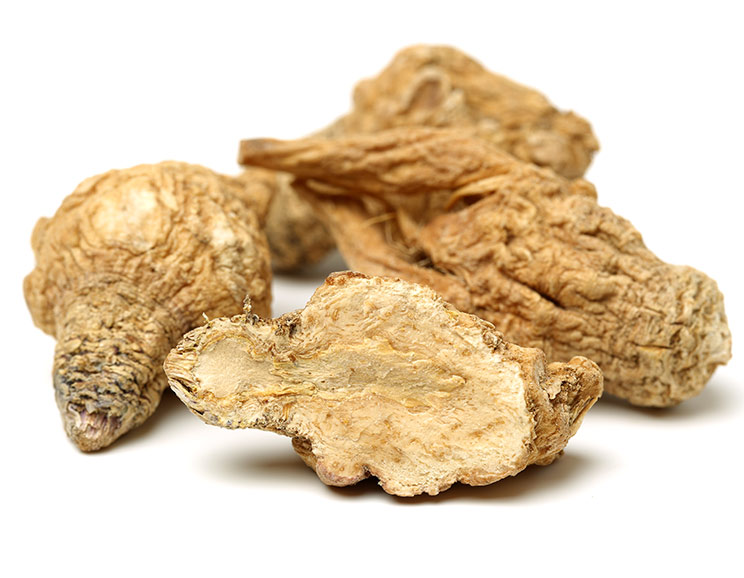
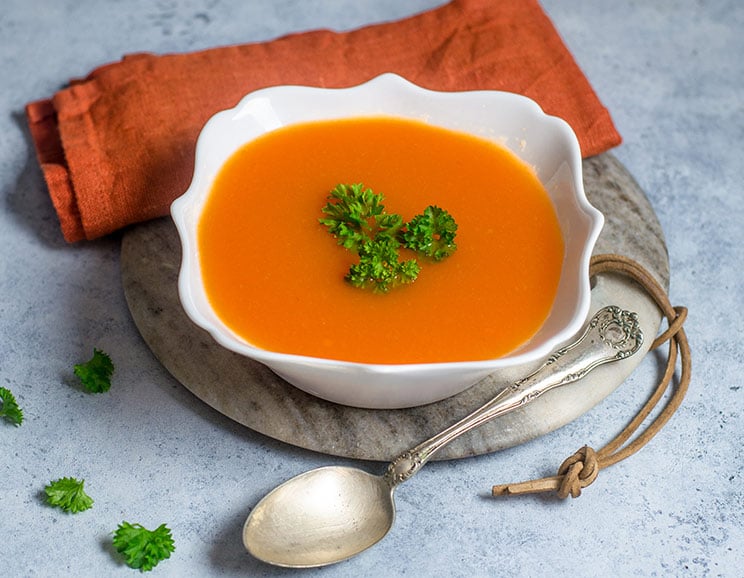
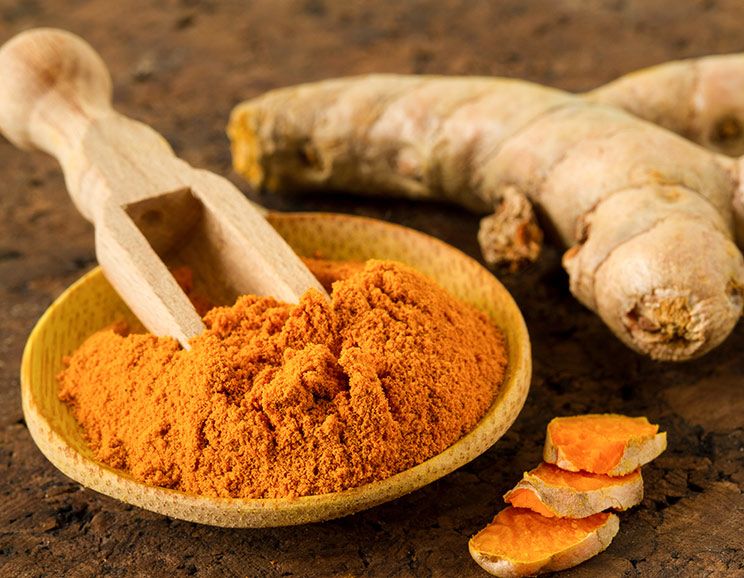

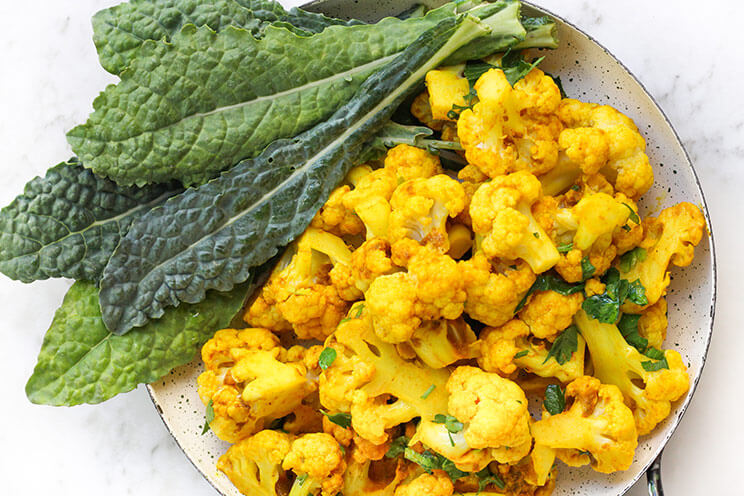
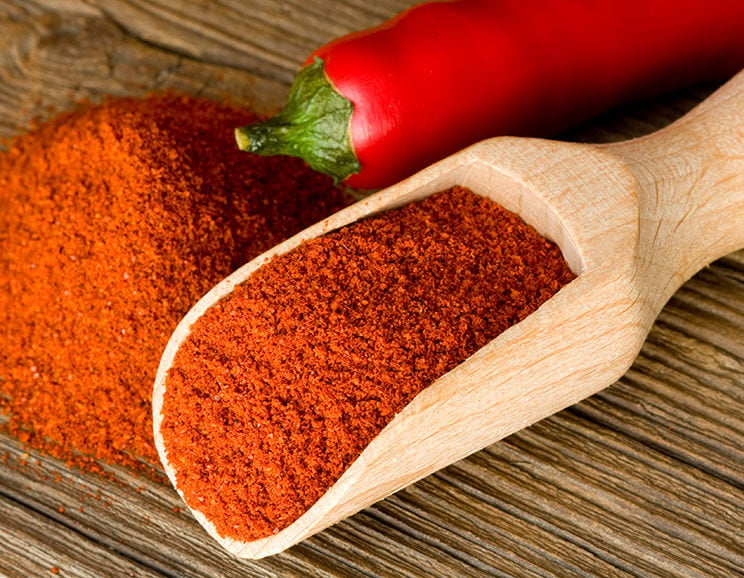

Show Comments